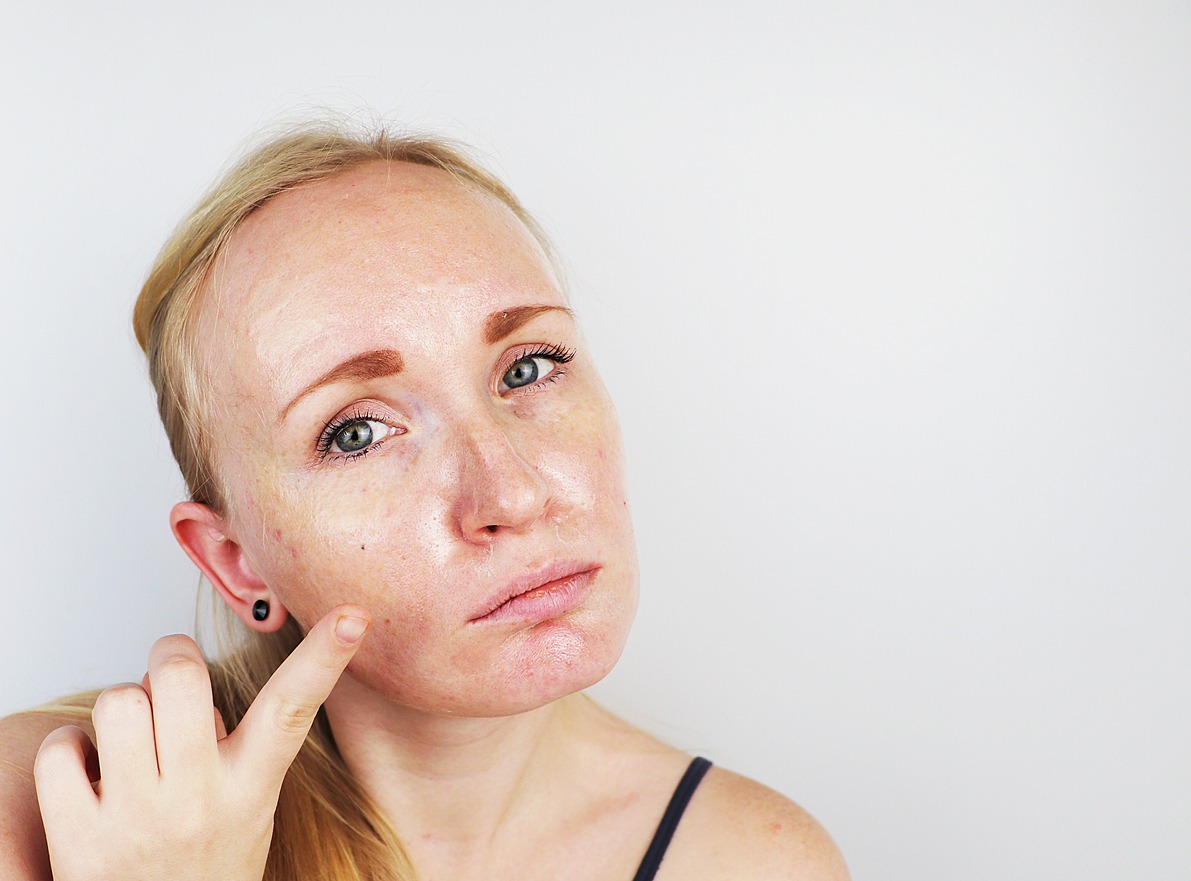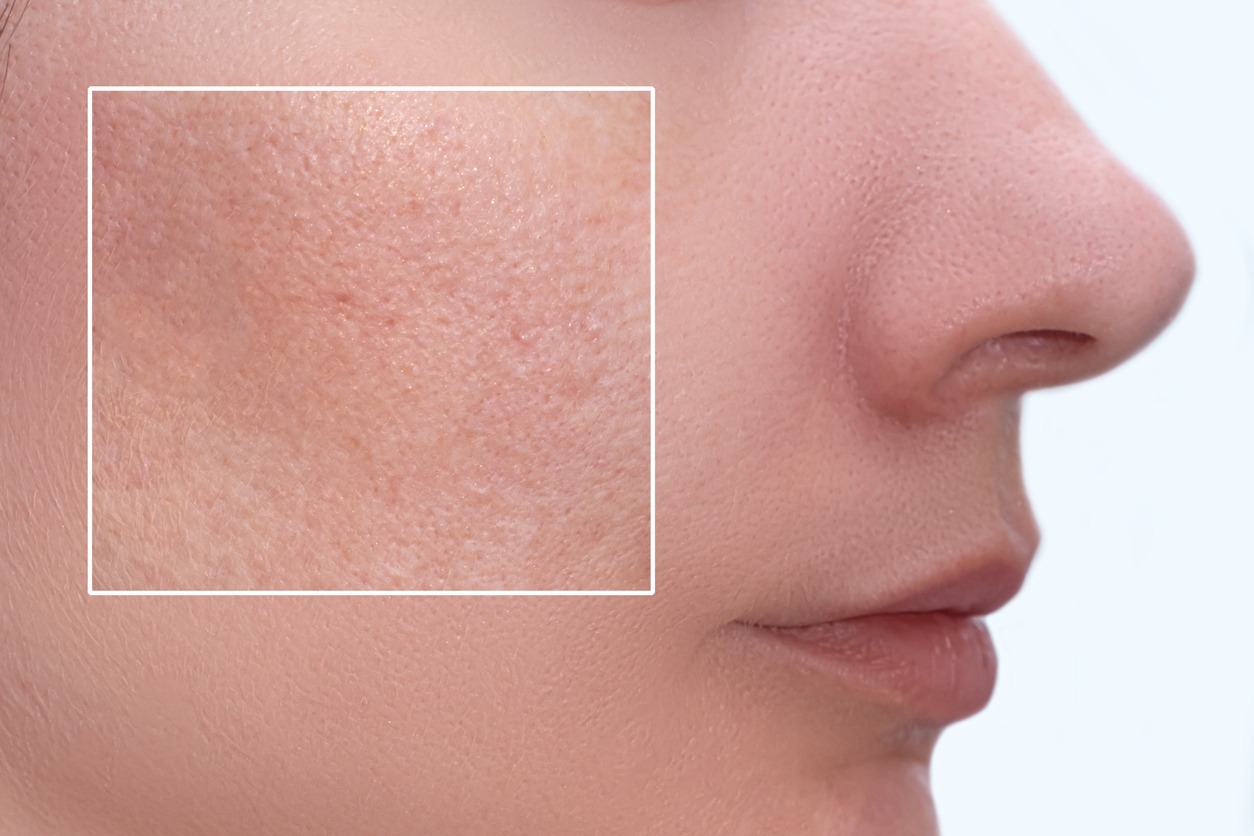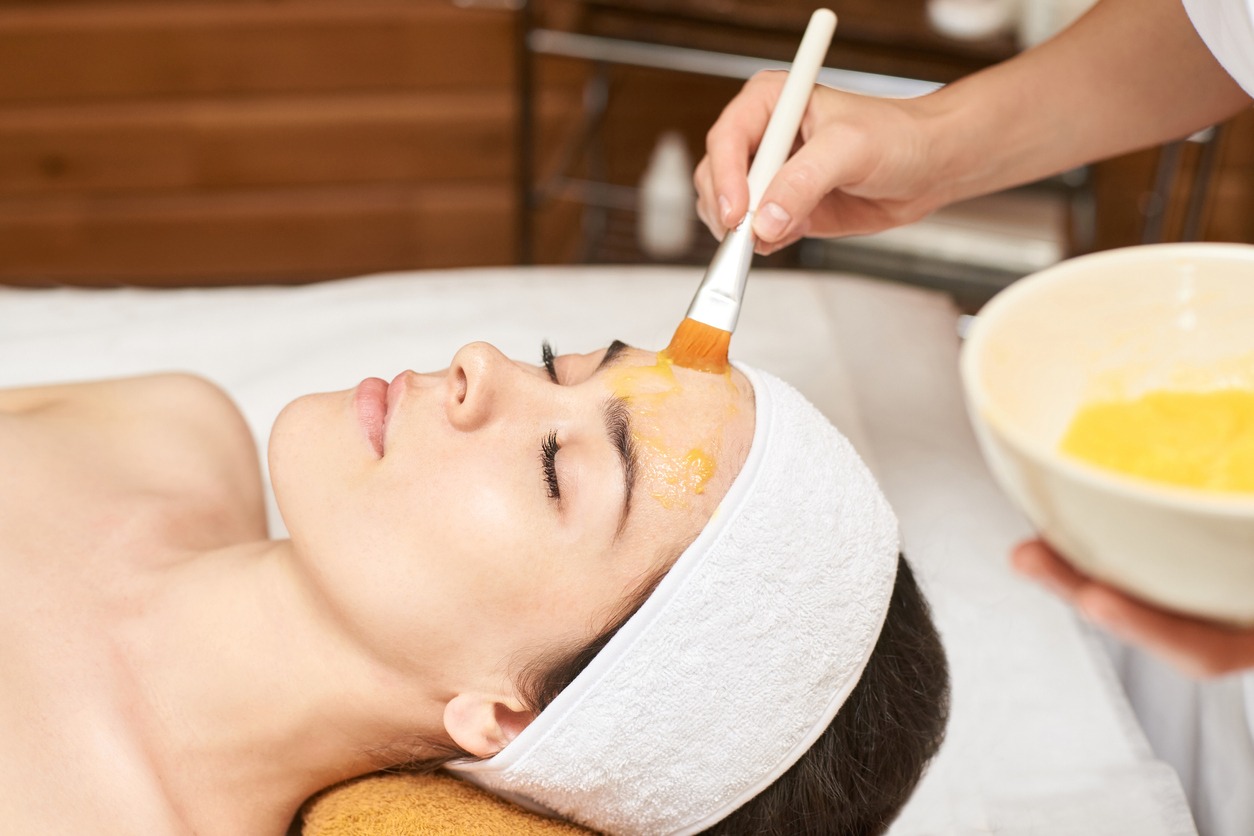You could believe that you do not need a moisturizer if your face is overproducing its natural oils. We understand how uncomfortable it is to think of applying a moisturizing lotion to skin that is already glossy and oily. Oil and hydration are not the same thing, but it doesn’t mean you shouldn’t moisturize at all. In fact, moisturizers can prevent the oil glands from over-activating and creating excessive amounts of sebum.
How Can Moisturizer Help with Oily Skin?
Even while you may want to completely remove all of the oil from your skin, it is crucial to keep part of the natural oils and skin barrier intact. Over-cleansing the skin and using an excessive amount of oil-control solutions can harm it further. It causes dryness and redness as you remove all the oil. Finding a moisturizer that can both hydrate the skin and absorb surface oil is crucial for this reason. All skin types should use moisturizer, just as every face should use facial cleanser.
Consider it this way: When you wash your face, you take away the oils that your skin produces on its own. Have you ever noticed how tight and clean your face feels after washing it? Because the oils are eliminated. Your face thus feels thirsty because it lacks oils. It naturally creates oils to satiate itself. However, applying moisturizer can aid so that your face won’t feel the need to continuously create oils, as opposed to having it do so.
The American Academy of Dermatology recommends a mild, non-comedogenic moisturizer for persons with oily skin. It is better to use moisturizers that are not based on oil and are oil-free. Additionally, watch out for over-moisturizing. If your skin already produces sebum, you prefer your moisturizer to soak into the skin rather than just sit on top of it. Those whose faces are a little bit oilier than others like gel moisturizers.
Benefits of Oily Skin
Oil keeps your skin hydrated during dry spells or the chilly winter months by helping to lock moisture in your skin barrier. The skin naturally produces oils to help moisturize, repair, and protect your skin. Although an excessive amount of oil production may be harmful and cause breakouts of severe acne, this is not the case. Your skin’s natural oil helps prevent aging symptoms like fine lines and wrinkles and can often give your complexion a healthy, dewy look. Although it may seem contradictory, keep in mind that moisturizing oily skin is equally as vital as moisturizing dry to mild skin. Simply think about using a lightweight moisturizer or one that is oil-free and non-greasy.
Best Ingredients for Oily Skin
It’s crucial to understand how to take care of your oily skin. It’s the distinction between an oily appearance and a fresh one. Make sure to check for components that rehydrate your skin and have a track record of working on oily skin when shopping for a moisturizer to help you in your quest for moisture.
Applying moisture to oily skin may seem paradoxical, but there is a crucial difference between oil and moisture when it comes to skin. In fact, skin that is dry might produce more oil. Glycerin and ceramides are two ingredients that can be helpful. Some of the greatest moisturizers contain these substances, which are some of our favorites for treating oily skin.
- Glycolic Acid – Glycolic Acid is a key component in skincare products for oily skin. Using a product with glycolic acid will aid in lowering the excessive oil production that causes breakouts if you are prone to them.
- Hyaluronic Acid – Many serums and moisturizers contain the common skin-moisturizing component hyaluronic acid. Your skin will become more moisturized as a result of this.
- Salicylic Acid – Another useful tool for treating oily skin is salicylic acid. This acid lessens redness and swelling when treating breakouts brought on by oily skin, breaks down dead skin cells, and thoroughly cleans your pores.
- Niacinamide – Niacinamide (Vitamin B3) is in charge of increasing skin suppleness, reducing pore size, and controlling oil production in the skin. Another potent component in skincare is retinol. It controls how much oil your skin produces, clears up acne, minimizes wrinkles, and generally benefits your skin.
- Retinol – Retinol increases the pace at which your skin cells are replaced, which results in smooth, luminous skin.
- Clay – Clay works by drawing oil from your pores’ deepest levels to the surface. You can think that your face seems a little bit matte after using clay. To prevent dry skin, proceed with your normal moisturizing routine after this.
In general, it’s crucial to pay attention to the substances you use in your skincare routine and to moisturize even though it may seem odd to do so for oily skin.
Ingredients to Avoid for Oily Skin
Understanding what doesn’t work for oily skin is just as crucial as learning what does. Mineral oils, beeswax, and any product containing alcohol should never be used to treat oily skin, especially face moisturizers.
These ingredients in products might clog your pores and cause acne. Similar to occlusives, which shouldn’t be used with oily skin despite being one of the most popular ingredients in moisturizers. When treating oily skin, the greasy texture of the ingredients in occlusives will probably do more harm than good.
These substances are undoubtedly becoming more prevalent as you shop for products, whether at a drugstore or online. The secret is to look for goods with strong humectant and low occlusive concentrations.
- High-oleic acid face oils (Coconut Oil, Hazelnut Oil, Camellia Oil, Sunflower Oil)
- Olfactory Emollients
- Soluble Myristate
- Brutal Scrubs
- Artificial Colors and Flavors
Conclusion
Although many people think that having oily skin is an issue, it actually provides a lot of advantages. Understanding how to take care of it and which ingredients to look for in goods when doing so are crucial. We hoped that we helped you in your search for the best components for oily skin as well as those to stay away from.
If you are looking for more tips, you may also check out our Guide to Selecting Beauty Moisturizers.



